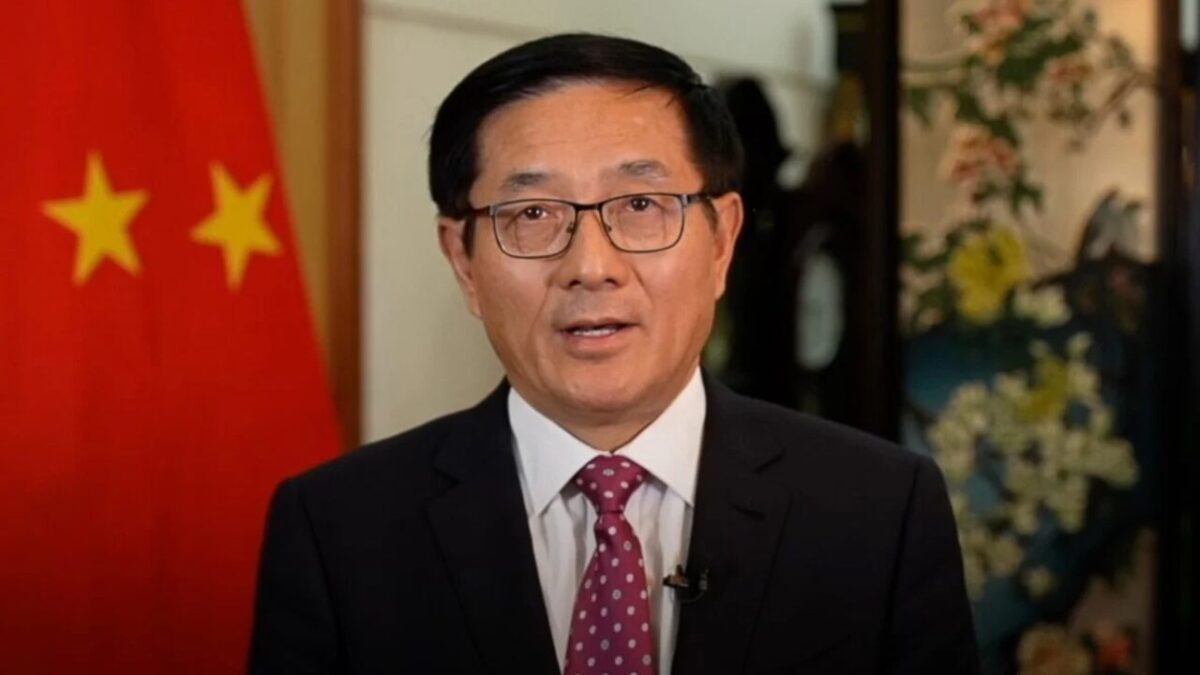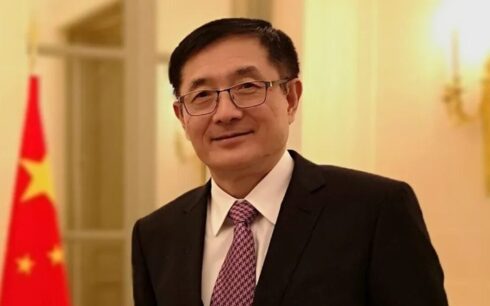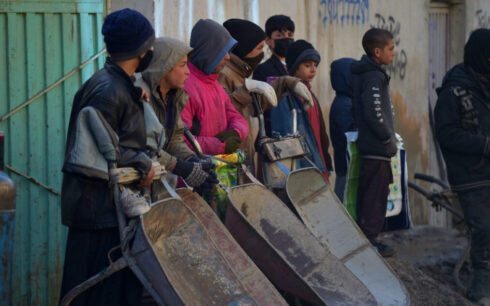BEIJING — China’s special envoy for Afghanistan, Yue Xiaoyong, has expressed concern over the presence of more than 20 terrorist groups operating in Afghanistan, warning of the security threats this poses to China and other regional countries.
In an interview with the Beijing International Dialogue Center, Mr. Yue emphasized that China does not seek influence or control in Afghanistan but expects the formation of a “moderate and inclusive government” as part of its vision for the country’s future.
Mr. Yue said that over the past three years, China has provided Afghanistan with 470 million yuan (approximately $64 million) in humanitarian aid and is negotiating an additional 1 million yuan in assistance with the Taliban.
“Many countries share concerns about the security risks posed by terrorism in Afghanistan,” Mr. Yue said. “When the United States and NATO initially intervened, there were only one or two terrorist groups in the country. Now, after 20 years of occupation, there are more than 20.”
A call for stability and reconstruction
Mr. Yue reiterated China’s commitment to supporting Afghanistan’s path to peace and stability but underscored the importance of inclusivity and moderation in governance.
“China supports achieving lasting peace, sustainable stability, and reconstruction in Afghanistan,” Mr. Yue said. “This includes building a national political framework, forming a moderate and inclusive government, continuing humanitarian and developmental aid, enhancing security—especially cybersecurity—and working together for shared development.”
While stressing that China has no intention of interfering in Afghanistan’s internal affairs or seeking selfish gains, Mr. Yue pointed to the necessity of international cooperation to address Afghanistan’s most pressing challenges, including a looming humanitarian crisis, food shortages, refugee displacement, and terrorism.
On human rights, Mr. Yue acknowledged global concerns about women’s rights and education in Afghanistan but stated that these issues, while important, are not the country’s core problems. “The situation of women and girls is significant, but it is not the entirety of Afghanistan’s challenges, nor its root issue,” he said.
Hamidullah Fitrat, a deputy spokesperson for the Taliban, dismissed China’s concerns about terrorism as baseless.
“Afghanistan has strong relations with China, built on trust, and these ties are expanding in various areas,” Mr. Fitrat said. “The idea that rogue groups exist in Afghanistan is unfounded. The country is now secure.”
However, human rights activists and citizens argue that the global priority for Afghanistan should center on human rights, particularly the rights of women and girls to work and receive an education.
Analysts note that while China has maintained close relations with the Taliban, its concerns over security threats and calls for inclusivity may signal a shift in Beijing’s approach as it engages with Afghanistan’s de facto authorities.





